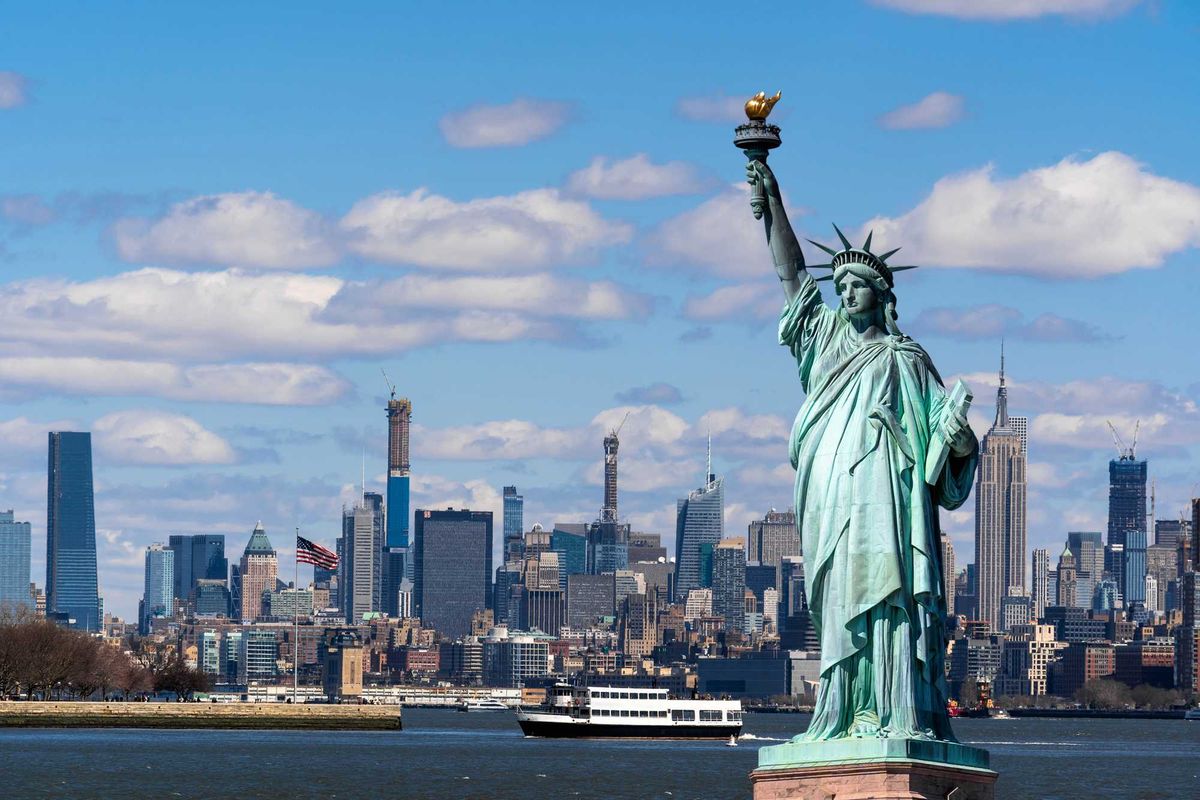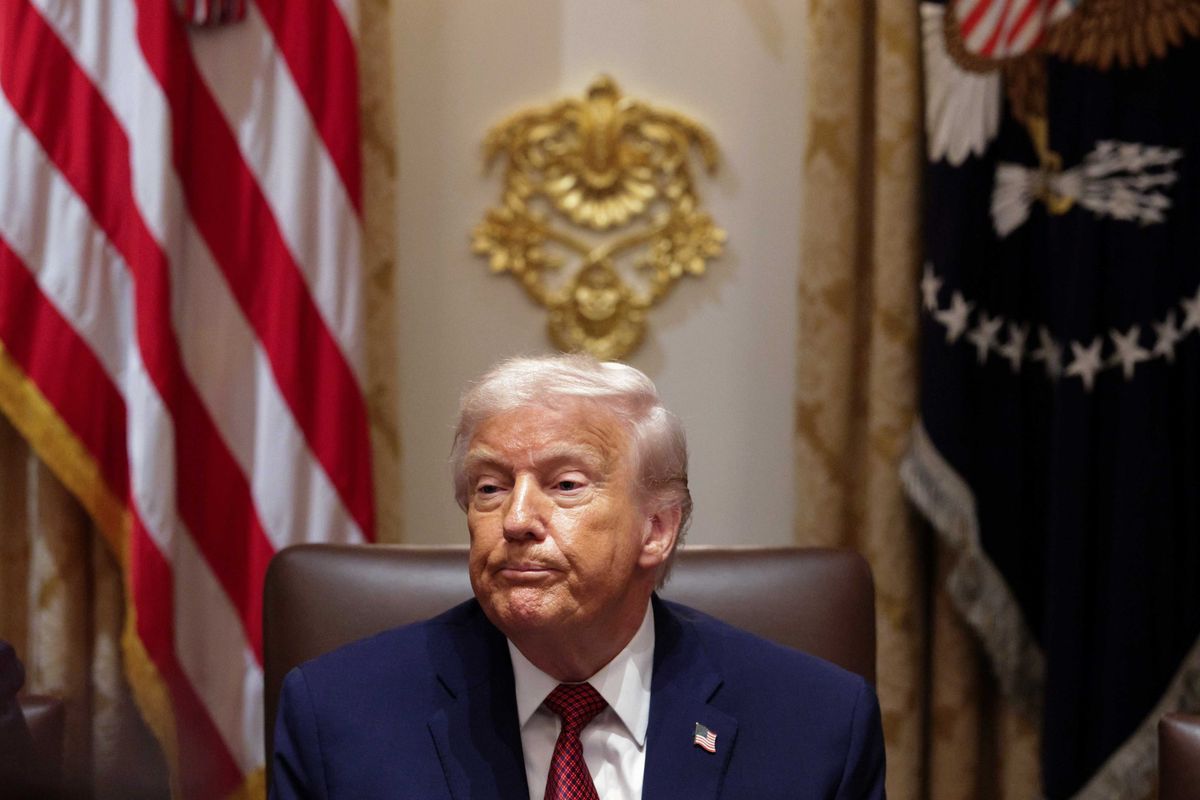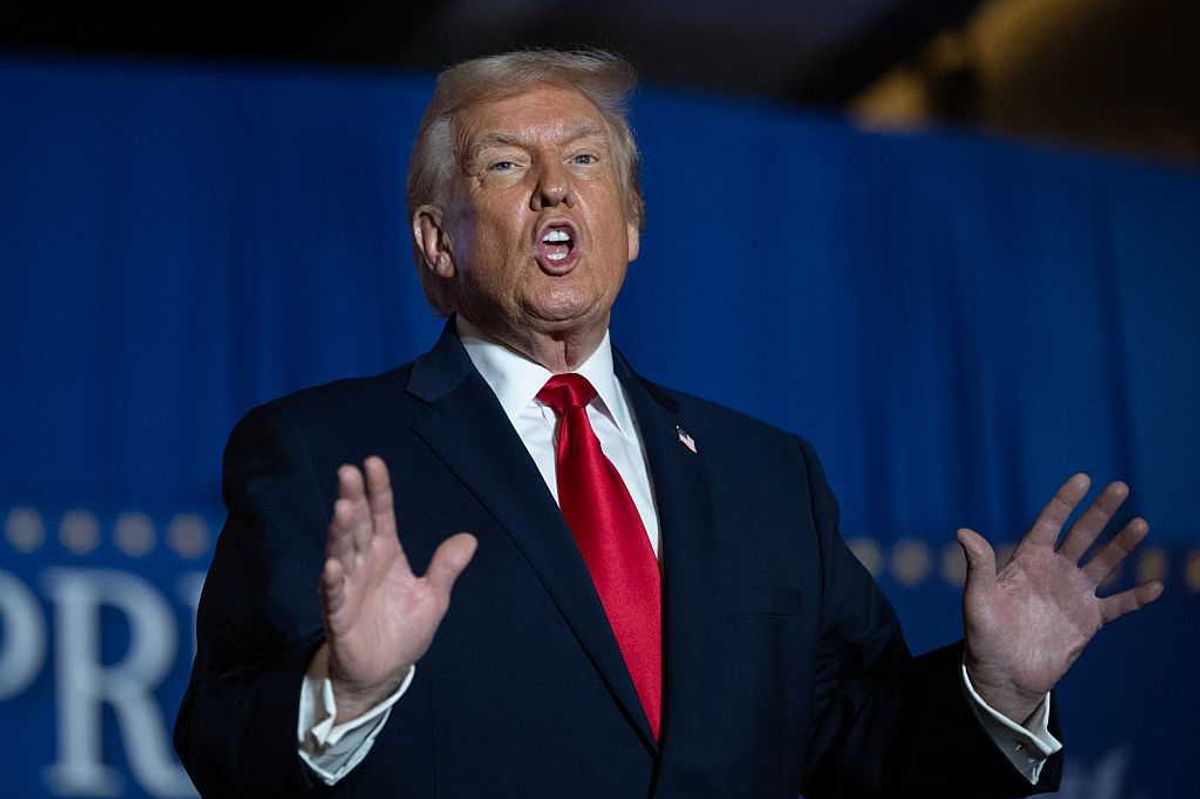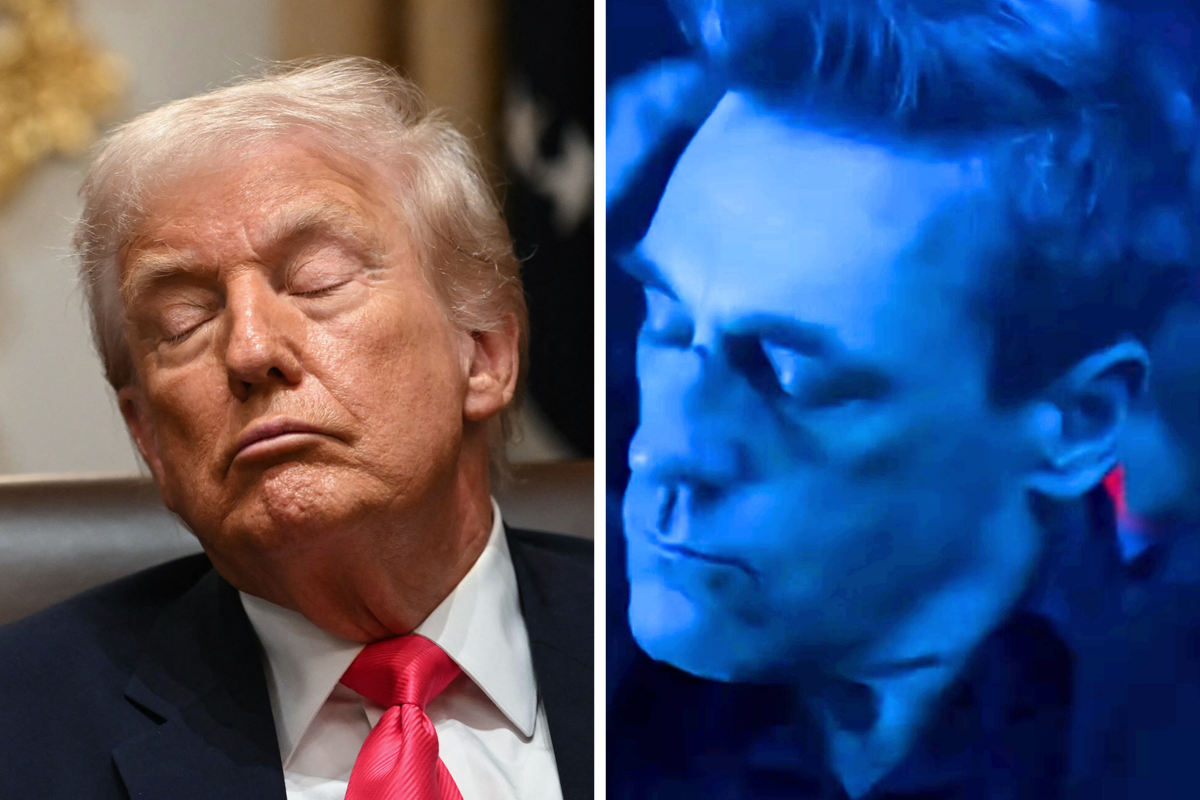Since former President Donald Trump got elected, an increasing number of white Americans have declared themselves evangelical. However, one academic believes this is more of a political movement than a theological awakening.
According to a report from Pew Research Center, the number of self-identified evangelical Christians increased between 2016 and 2020. Still, this growth did not coincide with an increase in church attendance.
It came with a more conservative slant, as Ryan Burge, political scientist, Baptist pastor, and professor at Eastern Illinois University, wrote in an essay for The New York Times.
Burge noted that the reason for this growth in evangelicalism is “most likely” because it is associated with “the Republican party.”
In 2008, just 16 per cent of all self-identified evangelicals said they never or rarely went to church. The percentage grew to 27 per cent last year, and around a third of those evangelicals who don’t attend church stated they were politically conservative in 2008, but that number rose to almost 50 per cent in 2019.
Sign up to our new free Indy100 weekly newsletter
“The evidence points in one direction: For many Americans, to be a conservative Republican is to be an evangelical Christian, regardless of if they ever attend a Sunday service,” Burge wrote.
People who are not connected with Protestant Christianity, including Catholics, Mormons, Orthodox Christians, Muslims, and Hindus, are increasingly characterizing themselves as evangelicals. Yet, non-Protestant evangelicals are more religiously committed than their GOP-leaning Protestant peers.
Burge further noted that “what it means” to identify as evangelical is vastly changing from “an image of a fiery preacher” earnestly encouraging people to accept Jesus to now seemingly being synonymous with “Republicanism.”
“Now the data indicate that more and more Americans are conflating evangelicalism with Republicanism — and melding two forces to create a movement that is not entirely about politics or religion but power,” Burge continued.
Check out the full essay here.














